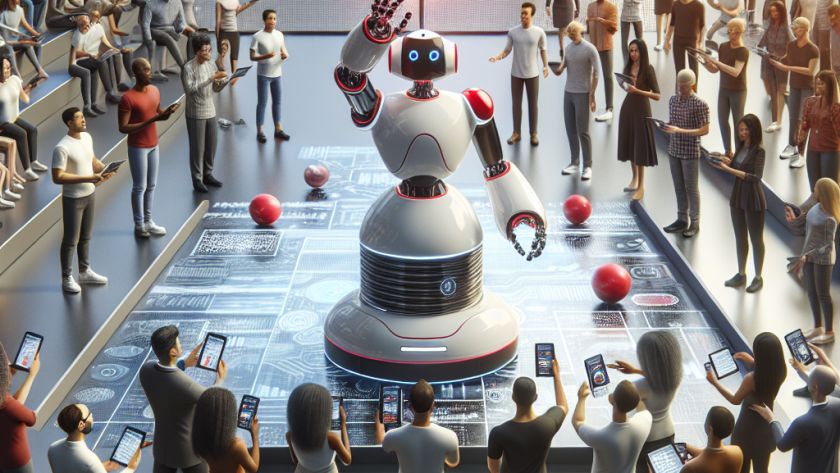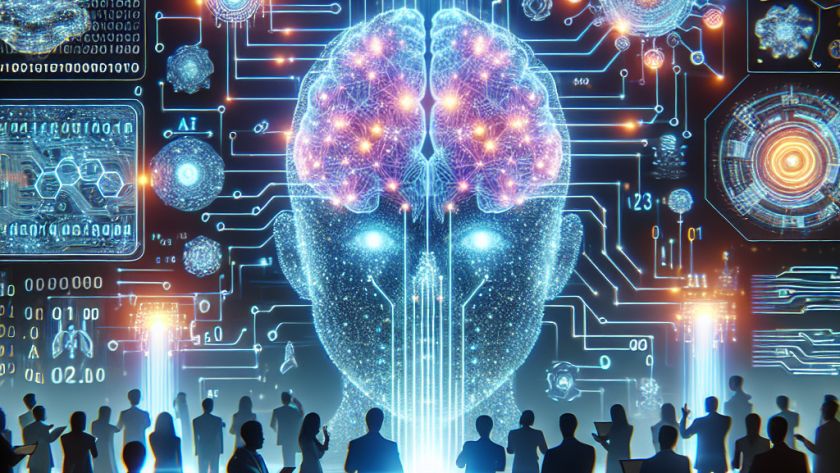In the age of artificial intelligence, computers can generate "art" using diffusion models. However, this often involves a complex, time-consuming process requiring multiple iterations for the algorithm to perfect the image. MIT Computer Science and Artificial Intelligence Laboratory (CSAIL) researchers have now launched a new technique that simplifies this process into a single step using…






